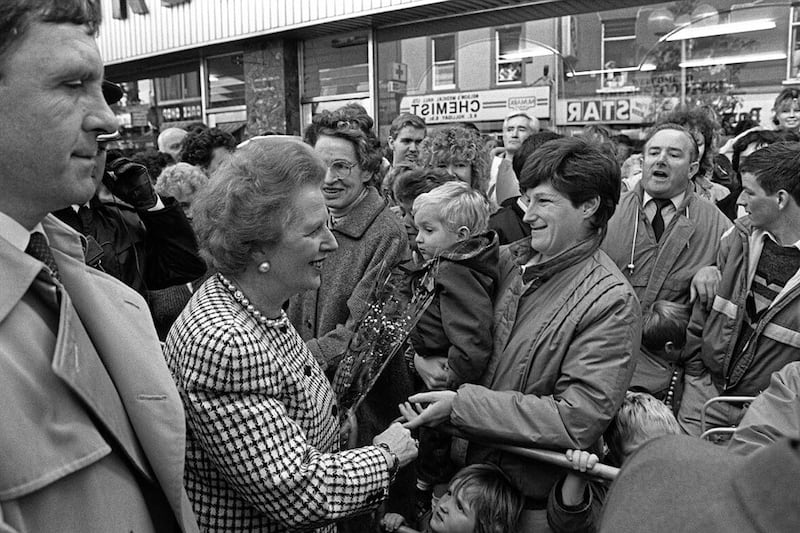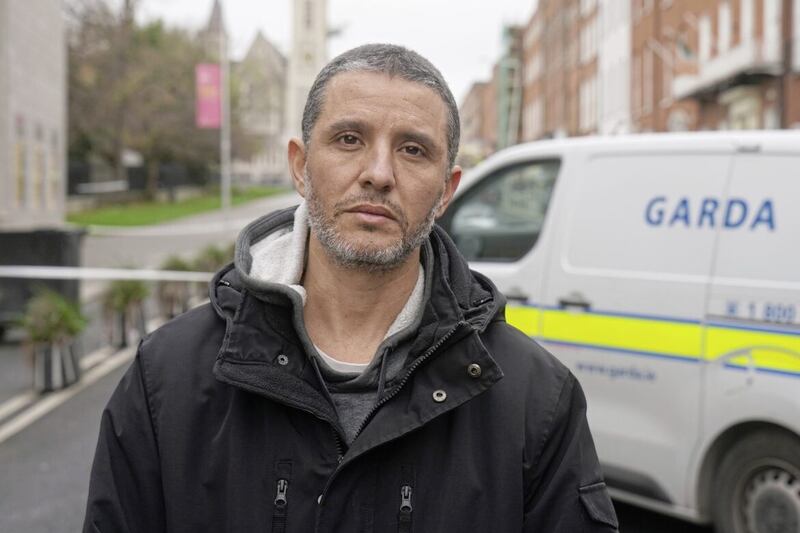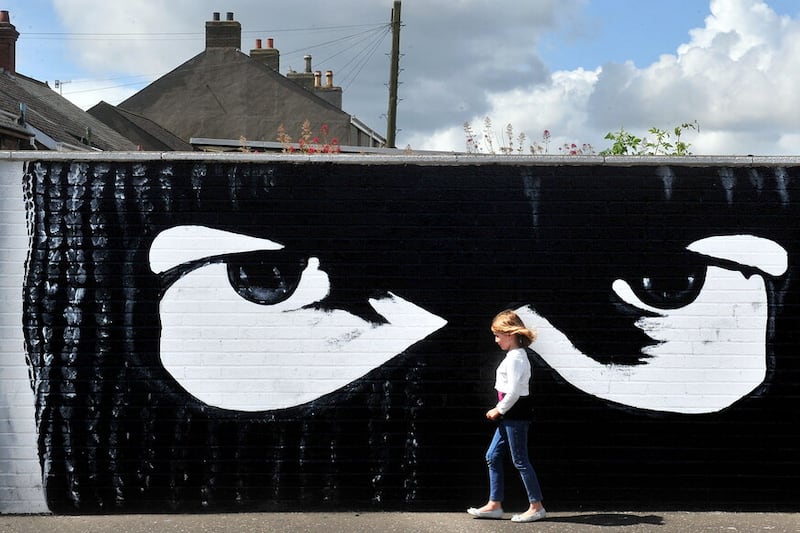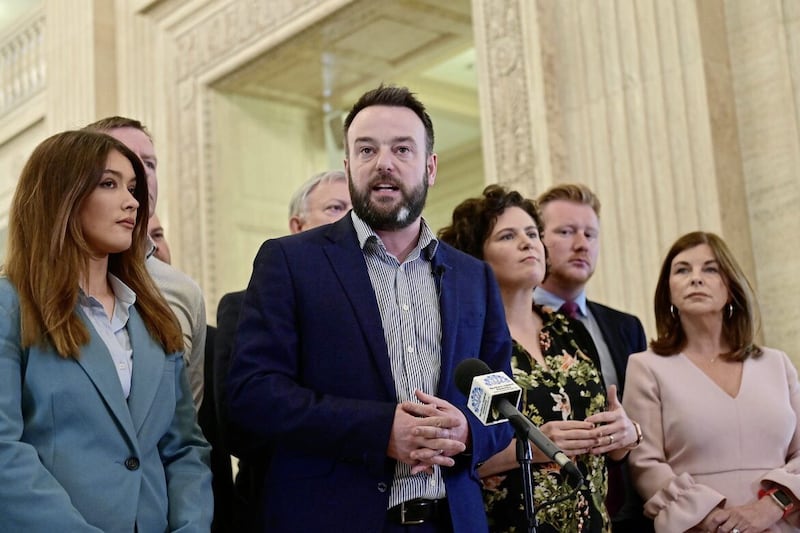At the start of last week, I shared a post on social media which was a clip of the Tyrone manager, Mickey Harte, expressing his pro-life views ahead of the abortion referendum in the Republic of Ireland.
I invited comments on the post. An interesting reply came from a male who said as he didn’t have ovaries that he would be leaving the matter to women whose business it is. That is a view which is widely shared particularly by those in the pro-abortion lobby. It is not one shared by this writer.
The issue of abortion is hugely sensitive and any decision to have an abortion is painful and personal. I don’t believe for one minute, as some on the lunatic fringes of the pro-life lobby suggest, that the vast majority of women who seek abortions do it as some form of birth control. That viewpoint is ludicrous and offensive towards women.
Equally nonsensical is the view that the possession or absence of female or male organs restricts comment on the type of society that a citizen wishes to shape around them. As citizens we have a right to express our opinions and when possible exercise our franchise in a way that is both consistent with our consciences and compassionate towards our fellow citizens. Laws should not be enacted to solely inhibit or restrict anyone’s legal rights. That said, the laws of a country are also there to afford people protections - sometimes against their own actions.
As an enthusiastic supporter of marriage equality albeit with protections built in to not force faith-based organisations to have to carry out same sex unions because it contradicts their religious viewpoint, I see no sense in the DUP blockage on this issue in Northern Ireland. Thankfully Labour MP and practising Catholic Conor McGinn and his Tory counterpart Lord Haywood are seeking to redress this through Westminster, as the government is committed to allowing a free vote on the issue. This is a welcome boost for local LGBT campaigners.
Given that equal marriage was a central campaign promise by Sinn Féin, it’s regrettable that their MPs are not in Westminster to advance this move. Conor McGinn is happily married to his wife, but he hasn’t left this equality issue to be dealt with by only gay representatives or advocates. And why would he, his own sexuality has nothing to do with his commitment to equality.
Equally Mickey Harte or anyone else, male or female, are entitled to express their views on pro-life or pro-abortion. Contributions to the abortion debate cannot be confined to a particular sex. If this was to be the case where would you draw the line on other matters?
Tánaiste Coveney seems to have awakened to the view that replacing the Eighth Amendment is more problematic than first imagined. That the Eighth Amendment should have ever been in the Constitution in the first place is highly debatable but to remove it without clear guidelines on the way forward could result in Ireland having the most relaxed abortion laws anywhere in the world. And that would go beyond what most Irish people seem to want.
Over the past week there has been much coverage of what became defined as the ‘rugby rape’ trial.
There has been some excellent media commentary by many fine columnists including Allison Morris of this paper. The trial polarised opinion. However, I was taken aback by two things. The first was the adversarial nature of the court proceedings where the complainant spent more time in the witness box than the four defendants combined. The second thing that shocked me was the viciousness of much of the social media comment during and after the trial, paricularly the completely misogynistic views expressed by some men, many of whom identified as playing or supporting sport. As a man I was revolted. As revealed in the court proceedings the use of social media to make derogatory, degrading and de-humanising remarks against women was repugnant.
The four defendants in the case have been found not guilty. They will quite naturally want to go on and re-build their lives. When the relief of the trial verdict has sunk in, no doubt they will start to reflect on the behaviour which led to such a tragic event for all concerned. That behaviour will not be so easily wiped from public memory.
Those of us who love sport will also need to reflect as to how best to rid it of misogynism and sexism.









